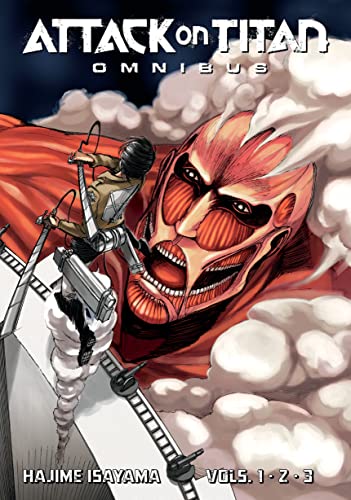Soviet Judgment at Nuremberg: A New History of the International Military Tribunal after World War II
₱2,766.00
Product Description
Organized in the immediate aftermath of World War Two by the victorious Allies, the Nuremberg Trials were intended to hold the Nazis to account for their crimes ― and to restore a sense of justice to a world devastated by violence. As Francine Hirsch reveals in this immersive, gripping, and
ground-breaking book, a major piece of the Nuremberg story has routinely been omitted from standard accounts: the part the Soviet Union played in making the trials happen in the first place.
Soviet Judgment at Nuremberg offers the first complete picture of the International Military Tribunal (IMT), including the many ironies brought to bear as the Soviets took their place among the countries of the prosecution in late 1945. Everyone knew that Stalin had allied with Hitler before the
Nazi invasion of the Soviet Union in 1941. The Molotov-Ribbentrop Pact hung heavy over the courtroom, as did the suspicion that the Soviets had falsified evidence in an attempt to pin one of their own war crimes, the mass killing of Polish officers in the Katyn Forest, on the Nazis. Moreover, key
members of the Soviet delegation, including the Soviet judge and chief prosecutor, had played critical roles in Stalin’s infamous show trials of the 1930s. For the American prosecutor Robert H. Jackson and his colleagues in the British and French delegations, Soviet participation in the IMT
undermined the credibility of the trials and indeed the moral righteousness of the Allied victory.
Yet without the Soviets Nuremberg would never have taken place. Soviet jurists conceived of the legal framework that treated war as an international crime, giving the trials a legal basis. The Soviets had borne the brunt of the fighting against Germany, and their almost unimaginable suffering gave
them moral authority. They would not be denied a place on the tribunal and moreover were determined to make the most of it. However, little went as the Soviets had planned. Stalin’s efforts to steer the trials from afar backfired. Soviet war crimes were exposed in open court. As relations among the
four countries of the prosecution foundered, Nuremberg turned from a court of justice to an early front of the Cold War.
Hirsch’s book provides a front-row seat in the Nuremberg courtroom, while also guiding readers behind the scenes to the meetings in which secrets were shared, strategies mapped, and alliances forged.
Soviet Judgment at Nuremberg offers a startlingly new view of the IMT and a fresh perspective on the
movement for international human rights that it helped launch.
Review
“Splendid…In brisk and lucid prose,
Soviet Judgment at Nuremberg recounts the extraordinary jockeying, collaboration, rivalry, and mistrust among the four prosecuting powers, from the trial’s opening in November 1945 to the final verdicts and sentencing ten months later. It is one of the few
genuinely international studies of the trial, revealing new and occasionally unpredictable fault lines on the eve of the political realignments imposed by the cold war.” — Benjamin Nathans,
New York Review of Books
“It is this version of history that Francine Hirsch confronts in her absorbing and readable new book. Fifteen years in preparation, Soviet Judgment at Nuremberg draws on groundbreaking research in Moscow archives to illuminate the Soviet dimension of an episode that was both “the last hurrah” of
wartime Allied cooperation and “an early front of the Cold War” … the rich detail is fascinating and the overall thesis compelling … an elegant and important piece of scholarship which adds a significant new perspective to the history of the International Military Tribunal.” — David Reynolds,
Times Literary Supplement
“This truly ground-breaking book should be read by every lawyer with an interest, general or otherwise, in the law of armed conflict (LOAC) and the International Military Tribunal (IMT) in particular. Author Francine Hirsch, a history professor at the University of Wiscon

₱2,766.00











